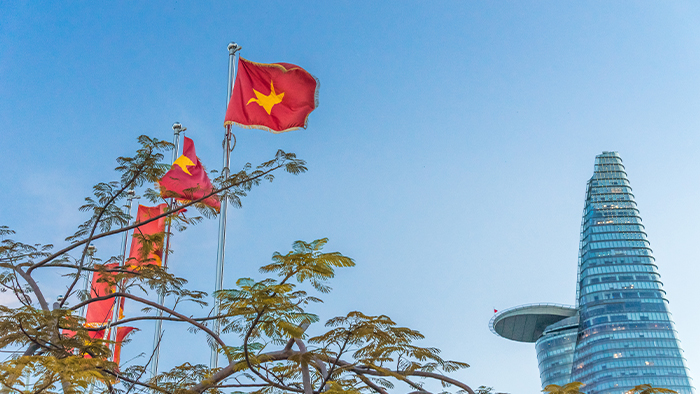Treasury Labels Vietnam a Currency Manipulator
- By [ Blake Harden ]
- 12/16/2020
The Department of Treasury delivered to Congress the semiannual Report on Macroeconomic and Foreign Exchange Policies of Major Trading Partners of the United States. In this Report, Treasury reviewed and assessed the policies of 20 major U.S. trading partners during the four quarters ending June 2020. The Report determined that, under the Trade Facilitation and Trade Enforcement Act of 2015 (the 2015 Act), Vietnam and Switzerland met the criteria indicating possibly unfair currency practices, and that under the Omnibus Trade and Competitiveness Act of 1988 (the 1988 Act), both Vietnam and Switzerland are currency manipulators.

In its press release accompanying the report, Treasury indicated that it will “commence enhanced bilateral engagement with each country in accordance with the 2015 Act. This engagement will include urging the development of a plan with specific policy actions to address the underlying causes of currency undervaluation and external imbalances.”
Consistent with the 1988 Act, “Treasury will press for the adoption of policies that will permit effective balance of payments adjustments and eliminate the unfair advantages in trade that result from their actions.”
A senior Treasury official told POLITICO that the criteria for the ongoing USTR Section 301 investigation into Vietnam is different from Treasury's report.
“Treasury’s findings related to currency manipulation in our foreign exchange report are distinct from findings of whether or not Vietnam’s currency is undervalued due to unreasonable, unjustifiable or discriminatory policy actions and whether that undervaluation burdens or restricts U.S. commerce,” the senior Treasury official said. “USTR is working with Treasury on the analysis of Vietnam’s currency practices, so we are engaged with USTR in the 301 context. The foreign exchange report is more exclusively a Treasury judgment.”
Treasury also put 10 nations on its “watch list.” Those nations are China, Japan, Korea, Germany, Italy, Singapore, Malaysia, Taiwan, Thailand, and India, with the last three newly named in the report.
RILA will continue engagement with key lawmakers and the Administration to emphasize the importance of a fair, transparent, and thorough section 301 process and to urge the Administration to engage Vietnam in bilateral negotiations – not impose tariffs – to address any unfair trading practices identified in the section 301 investigations.
In addition, RILA submitted our requests to testify in both section 301 investigations into Vietnam’s currency and timber practices. We have not yet heard back whether our requests were accepted, but we are in the process of preparing to participate in both hearings. Please reach out to us if you have specific points you’d like to ensure we capture in the testimony.Tags
-
International Trade
-
Public Policy
-
Supply Chain
-
Supporting Free Markets and Fostering Innovation
-
Retail Works for All of Us


